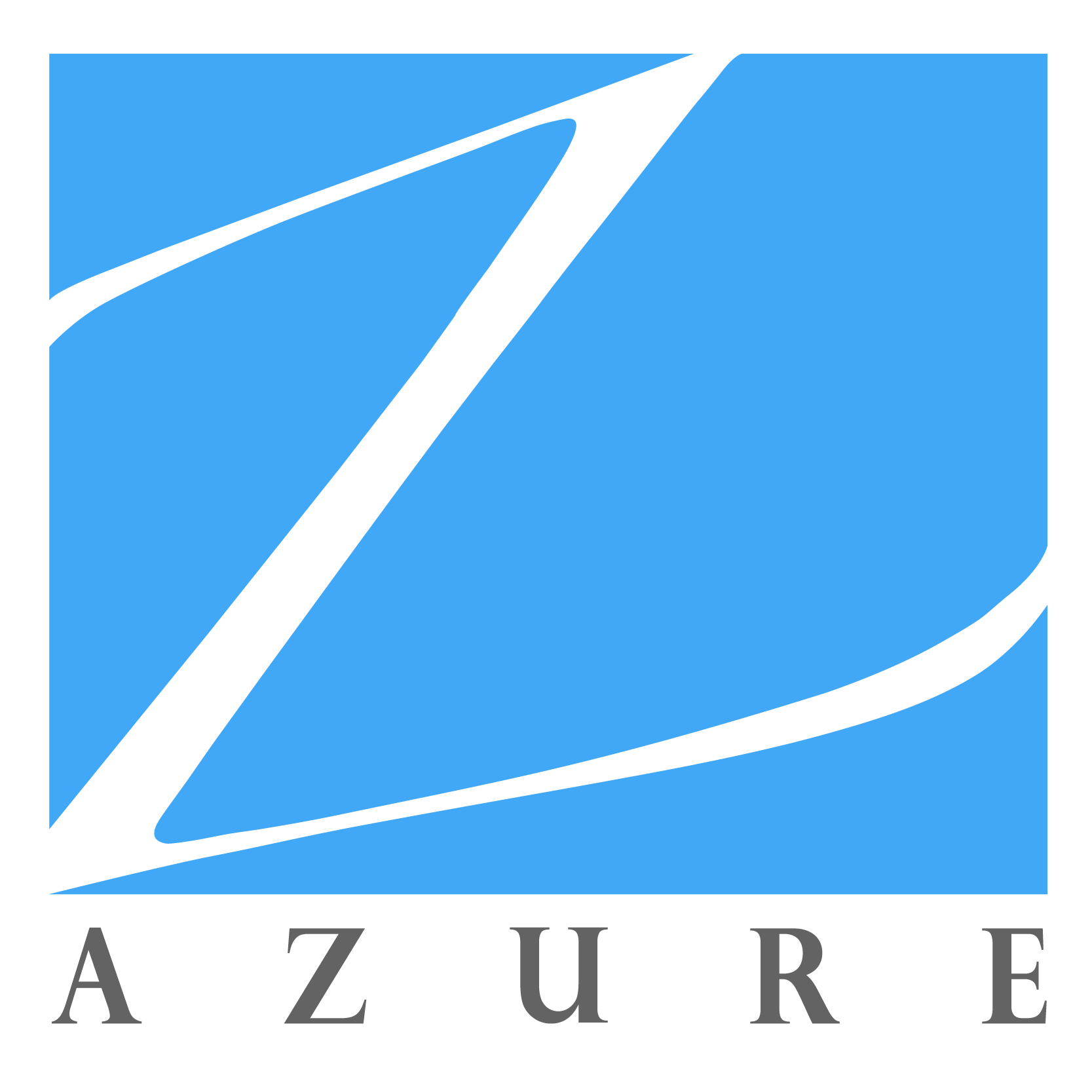Some of the world’s most iconic hotel brands are spanning imitators in China, where trademarks and naming rights have long proven problematic.
Once limited to retail outlets and street-side vendors, China’s counterfeit conundrum has spread to the world of hospitality as aspirational owners mimic the industry’s most iconic brands.
But such imitation, much to the surprise of western audiences, is often the result of admiration—not malice. And there are some benefits to boot, sources said.
Trademarks and naming rights have long been problematic in China.
“China doesn’t have a great record when it comes to intellectual property rights,” said Bianca Bosker, the author of “Original Copies: Architectural Mimicry in Contemporary China.”
The further one moves away from cosmopolitan metropolises such as Beijing, Shanghai and Guangzhou, the greater the likelihood of “shanzhai” or copycat hotels that might have similar or identical names as well-known western brands such as Marriott Hotels or Hyatt Hotels and Resorts.
China’s government officials in recent months have increased infringement penalties and have passed other major revisions to the country’s trademark laws. But so far, little change to the number of shanzhai companies has been noted, sources said.
In Yichang, a third-tier city in Hubei province, the Peninsula Hotel Yichang might attract visitors seeking the 5-star service associated with the famous Hong Kong brand. Unfortunately for guests, the property is in no way affiliated with The Peninsula Hotels.
Similar disappointment awaits those booking the Savoy Hotel in Lanzhou, expecting the same refined elegance of the luxury London hotel. Or those booking at one of numerous Hiyatt properties scattered throughout the country.
Roy Graff, managing director of ChinaConnect, a consultancy firm specializing in the Chinese tourist industry, said there is nothing new about companies in China misusing brands.
“It has been done in many other retail, catering and banking sectors. I suppose that still today in smaller cities in China the concept of intellectual property is not well understood. Intangible assets are not yet a regular commodity in China, and many of these entrepreneurs just think they can get away with grabbing the attention of customers through these means,” he said.
Mimicking success
Such means are not always meant maliciously, however, said Daniel Voellm, managing partner of hospitality consultants HVS in Hong Kong
The owners of these individual properties “aspire for greater glory,” he said. “It is important to understand that intellectual property rights are seen in a very different context in Chinese culture where imitation or ‘copying’ is one of the highest honors bestowed on the creator.”
Voellm believes that “rarely would owners have bad intentions when building a mini-Peninsula hotel in Jiangsu Province, for example. The locals might not even be aware of the ‘real’ Peninsula in Hong Kong.”
Representatives from Marriott International, Hyatt Hotels Corporation and Peninsula declined comment.
“One big motivator for these copycat brands is that they are not just copying the brand, but want to copy its success,” Bosker said. “It’s much easier to take a well-known brand and piggy-back on its success than to invent your own. It’s a particularly efficient way of getting things done.”
Speed is of the essence in China during this period of rapid economic expansion, she added. “People want to make money quickly, so it’s a very practical solution.”
Language barriers present another contributing factor, Graff said.
“In Chinese language, each character comes with a specific meaning and sound. You could have a word combined of two or three characters to form a brand name. The same sound could be constructed with different characters and it will be a completely different word,” though to non-Mandarin speakers it may sound exactly the same, he said.
Beyond the proverb that claims imitation is the sincerest form of flattery, copycat hotel brands bring other benefits, Bosker said. People who buy or consume fake products aim to one day use the original.
“Say someone checks into the Hiyatt—often a guest will see it as a stepping stone to staying in the real thing,” she said.
Source: www.hotelnewsnow.com
